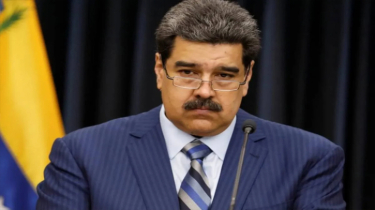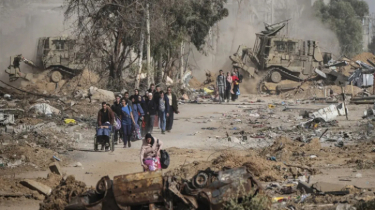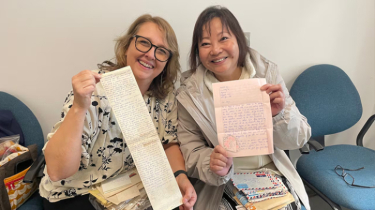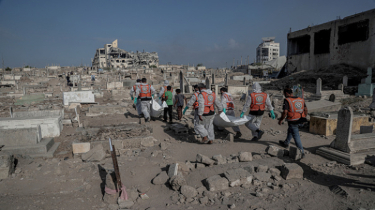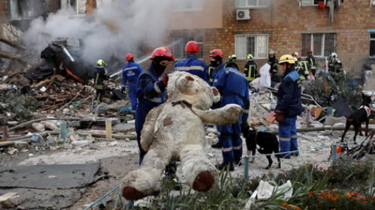Israel blocks Gaza crossings despite ceasefire; 1.5 million in urgent need, UN says
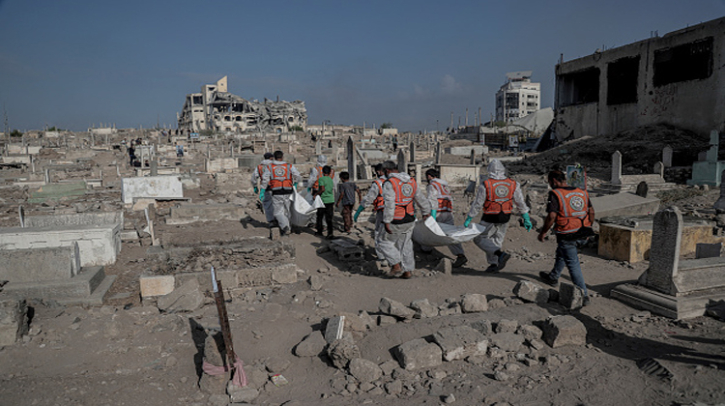
Published : 02:11, 26 October 2025
Palestinians and aid agencies say the ceasefire has brought little relief on the ground as Israel keeps most Gaza crossings closed or tightly restricted, throttling the flow of food, fuel, and medicine into the enclave.
United Nations updates on Saturday put the number of people requiring “emergency assistance” at around 1.5 million, warning that current deliveries are far below what is needed to stabilize the humanitarian situation.
UN and relief officials say only a limited number of entry points are operating and often at reduced capacity.
Kerem Shalom has reopened intermittently, while Rafah remains shut and northern corridors are closed, leaving large parts of Gaza, especially the north, hard to reach.
Aid convoys that do enter face damaged roads, fuel scarcity, and security constraints, compounding bottlenecks and leaving queues for bread, water, and medical care largely unchanged since the truce took effect.
The World Food Programme estimates that roughly 750 tonnes of food have been entering Gaza daily in recent days, far short of its 2,000-tonne target to meet basic needs, urging Israel to open all crossings to allow sustained, at-scale deliveries.
UN briefings this week cited just over a hundred trucks offloaded in a single day via Kerem Shalom, a fraction of the pre-war daily volume, and emphasized that closed northern access points prevent assistance from reaching the hardest-hit communities.
Israel says restrictions are calibrated to security concerns and compliance with ceasefire terms, noting periodic pauses and reopenings at Kerem Shalom.
But aid groups counter that stop-start approvals and the continued closure of other crossings amount to an effective blockade that keeps Gaza on the brink, despite the formal cessation of hostilities.
Without a rapid expansion of access, especially fuel for hospitals, water systems, and bakeries, the UN warns the crisis will deepen as services strain and stocks run out.
Sources: Al Jazeera, Reuters, UN Press, Arab News
BD/AN



